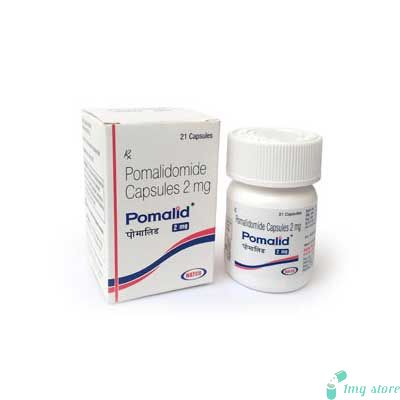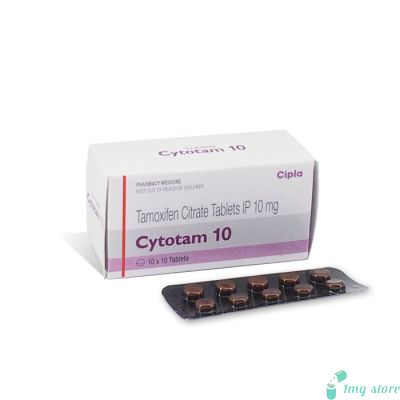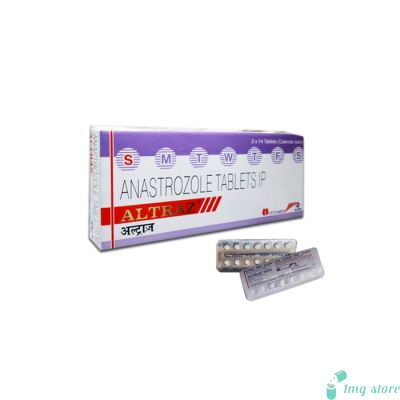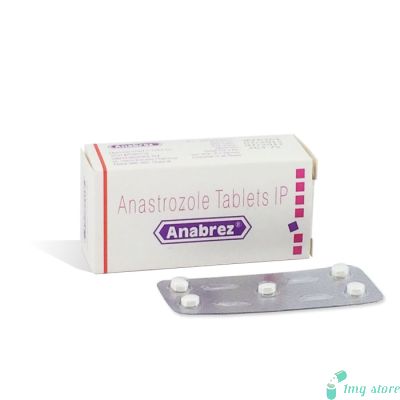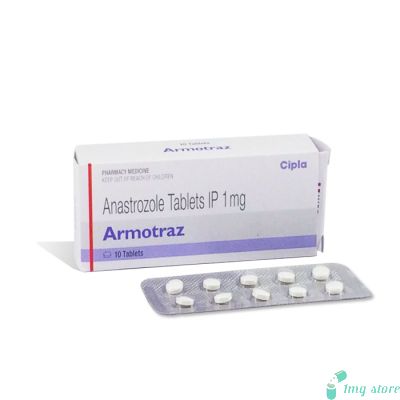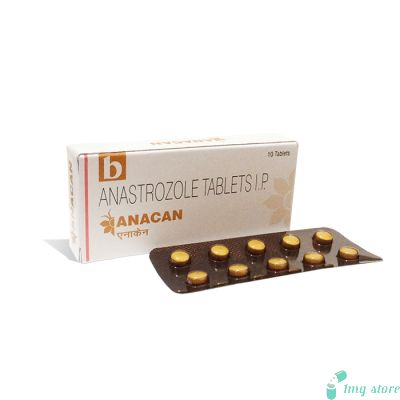Thalix Capsule (Thalidomide)
Thalidomide, marketed under the brand name Thalix, and Thalomid, is a medication that belongs to a class of drugs called immunomodulatory agents.
What is Thalix Capsule (Thalidomide)?
Thalidomide, marketed under the brand name Thalix, and Thalomid, is a medication that belongs to a class of drugs called immunomodulatory agents. Originally developed in the 1950s as a sedative and antiemetic drug, thalidomide gained notoriety for its devastating side effects on fetal development, leading to severe birth defects. However, further research revealed its potential therapeutic uses, particularly in the treatment of certain cancers and autoimmune disorders. Today, thalidomide is strictly regulated and prescribed for specific conditions under strict guidelines.
Dosage Information:
The dosage of thalidomide capsules (Thalix) may vary depending on the specific condition being treated, individual patient factors, and the prescribing physician's instructions. It is crucial to follow the prescribed dosage and duration of treatment as directed by a healthcare professional. The capsules are typically taken orally, with or without food, and swallowed whole with a glass of water. For the treatment of multiple myeloma, the recommended initial dosage of thalidomide is usually 200 mg per day, administered in divided doses. The dosage may be adjusted based on individual response and tolerance, but generally should not exceed 800 mg per day. In the management of erythema nodosum leprosum (ENL), the recommended starting dosage is 100 to 300 mg per day, taken as a single dose or divided into two doses. The dosage may be increased or decreased based on the patient's response and side effects, with a typical maintenance dose ranging from 100 to 400 mg per day. For other indications, such as certain autoimmune disorders, the dosage and duration of treatment may vary. It is essential to consult a healthcare professional for precise dosage instructions.
Thalidomide/Thalomid has emerged as an important Anti-Cancer medication, particularly in the treatment of multiple myeloma, a type of blood cancer. In combination with other drugs, thalidomide has demonstrated efficacy in improving survival rates and prolonging remission periods in patients with multiple myeloma. It works by inhibiting the growth and proliferation of cancer cells, thereby suppressing the progression of the disease. Beyond its anti-cancer properties, thalidomide is also considered a Life-Saving drug for certain conditions. It has shown efficacy in the management of erythema nodosum leprosum (ENL), a severe complication of leprosy, by reducing inflammation and relieving symptoms. Thalidomide has also been used to treat cutaneous manifestations of moderate to severe systemic lupus erythematosus (SLE) and Behçet's syndrome, both of which can significantly impact patients' quality of life. Thalidomide's ability to provide therapeutic benefits in these challenging medical conditions underscores its value as a potentially life-saving medication. However, due to its significant risks and potential side effects, its use should be carefully managed under the supervision of a healthcare professional who can weigh the potential benefits against the potential harm and closely monitor patients for any adverse effects.
On our website, we provide convenient access to information about the Thalidomide capsules 50mg price. We understand the importance of affordability and transparency in medication pricing. Through our platform, you can easily check the current Thalidomide capsules price and compare them across different pharmacies. We also offer the option to purchase Thalidomide capsules online, ensuring a hassle-free experience for patients. Our aim is to provide accurate pricing information and a seamless online shopping experience for individuals seeking Thalidomide capsules.
Key Saftey Advice must be kept in mind while using Thalix Capsule (Thalidomide)
- Pregnancy Category X: Thalidomide is contraindicated during pregnancy due to its well-known teratogenic effects. It can cause severe birth defects and fetal harm. Females of reproductive potential must use effective contraception methods before starting thalidomide treatment, during treatment, and for a certain period after treatment discontinuation. Additionally, thalidomide is present in semen, and male patients must use condoms during sexual intercourse with women of reproductive potential.
- Blood Clotting: Thalidomide/Thalomid use has been associated with an increased risk of blood clotting disorders, including deep vein thrombosis (DVT) and pulmonary embolism. Patients with a history of blood clots or those at risk for blood clotting should be closely monitored while taking thalidomide.
- Peripheral Neuropathy: Thalidomide (Thalix) can cause peripheral neuropathy, a condition characterized by tingling, numbness, or pain in the hands and feet. Patients should be monitored for symptoms and advised to report any signs of neuropathy to their healthcare provider.
- Drowsiness and Sedation: Thalidomide/Thalomid may cause drowsiness and impair alertness. Patients should exercise caution while driving or operating machinery until they understand how the medication affects them.
- Hepatotoxicity: Thalidomide has been associated with liver function abnormalities. Liver function tests should be performed regularly during treatment to monitor for any hepatic changes.
- Hypothyroidism: Thalidomide may lead to hypothyroidism in some patients. Regular monitoring of thyroid function is recommended.
- Tumor Lysis Syndrome: Thalidomide, when used in combination with chemotherapy in certain cancers, may increase the risk of tumor lysis syndrome. Close monitoring and appropriate preventive measures should be implemented.
Primary Utilization of Thalidomide Capsule (Thalix) must be noticed
- Multiple Myeloma: Thalidomide, in combination with other medications, is approved for the treatment of multiple myeloma, a type of blood cancer that affects plasma cells. It helps inhibit the growth of cancer cells and may improve survival rates in certain patients.
- Erythema Nodosum Leprosum (ENL): Thalidomide/Thalomid is indicated for the management of ENL, a complication of leprosy characterized by painful skin nodules. It can help reduce inflammation, control symptoms, and prevent further complications.
- Cutaneous Manifestations of Moderate to Severe Systemic Lupus Erythematosus (SLE): Thalidomide (Thalix), when used in combination with other therapies, may be beneficial in treating certain skin manifestations associated with SLE, such as discoid lupus erythematosus (DLE).
- Behçet's Syndrome: Thalidomide/Thalomid can be used in the treatment of Behçet's syndrome, a chronic autoimmune disorder characterized by recurrent mouth and genital ulcers, skin lesions, and eye inflammation. It helps reduce symptoms and prevent disease flare-ups.
- Other Off-label Uses: Thalidomide is sometimes prescribed off-label for various conditions, including graft-versus-host disease (GVHD), rheumatoid arthritis, Crohn's disease, and certain types of cancers. The decision to use thalidomide off-label should be made in consultation with a healthcare professional.
Some Of The After effects of Thalix Capsule (Thalidomide)
- Teratogenic Effects: Thalidomide is notorious for its teratogenic effects, causing severe birth defects when taken during pregnancy. It is imperative to adhere to strict contraception measures to prevent pregnancy while on thalidomide treatment.
- Deep Vein Thrombosis and Pulmonary Embolism: Thalidomide use has been associated with an increased risk of blood clotting disorders, including deep vein thrombosis (DVT) and pulmonary embolism. Signs of DVT or pulmonary embolism, such as swelling, pain, or shortness of breath, should be promptly reported to a healthcare professional.
- Peripheral Neuropathy: Thalidomide/Thalomid can cause peripheral neuropathy, characterized by symptoms such as numbness, tingling, or burning sensations in the hands and feet. Regular monitoring for neuropathic symptoms and dose adjustments may be necessary.
- Fatigue and Drowsiness: Thalidomide may cause fatigue and drowsiness, affecting daily activities and concentration. Patients should be cautious when engaging in activities that require alertness.
- Gastrointestinal Effects: Common gastrointestinal side effects include constipation, nausea, vomiting, and diarrhea. Adequate hydration and dietary modifications may help alleviate these symptoms.
- Skin Reactions: Thalidomide can cause skin reactions, including rash, itching, and dryness. Patients should notify their healthcare provider if they experience any skin abnormalities.
- Hepatotoxicity: Thalidomide has been associated with liver function abnormalities, ranging from elevated liver enzymes to severe liver damage. Regular monitoring of liver function is essential during treatment.
- Hypothyroidism: Thalidomide use may lead to hypothyroidism, causing symptoms such as fatigue, weight gain, and cold intolerance. Regular thyroid function tests are recommended.
- Other Adverse Effects: Additional side effects of thalidomide may include dizziness, edema, mood changes, decreased appetite, and muscle weakness.
Help Section About Thalix Capsule (Thalidomide)
Are there any alternatives to Thalidomide (Thalix) for the treatment of multiple myeloma?
Answer: Yes, there are alternative medications available for the treatment of multiple myelomas, such as lenalidomide and bortezomib. These drugs work through different mechanisms and may be considered based on the patient's specific condition and medical history. It is important to consult with a healthcare professional to determine the most suitable treatment approach.
Can Thalidomide/Thalomid be used during breastfeeding?
Answer: Thalidomide is excreted in breast milk and may pose a risk to the nursing infant. It is generally not recommended to use thalidomide while breastfeeding due to the potential adverse effects on the baby. Healthcare professionals can provide alternative treatment options that are safe during breastfeeding.
Can Thalidomide/Thalomid interact with over-the-counter medications?
Answer: Thalidomide can interact with certain over-the-counter medications, such as nonsteroidal anti-inflammatory drugs (NSAIDs) and herbal supplements. It is important to inform the healthcare provider about all medications being taken, including over-the-counter products, to avoid potential drug interactions and ensure the safe use of thalidomide.
How long does it take to see the effects of Thalidomide in treating multiple myeloma?
Answer: The time it takes to observe the effects of thalidomide in treating multiple myeloma can vary depending on individual factors and the specific treatment regimen. Some patients may experience a response within a few months, while others may require a longer duration. Regular follow-up visits and communication with the healthcare provider are crucial to monitor the treatment's effectiveness and make any necessary adjustments.
Is Thalidomide a cure for multiple myeloma?
Answer: Thalidomide is not considered a curative treatment for multiple myeloma. It is primarily used in combination with other medications to manage the disease, control symptoms, and improve outcomes. The goal of thalidomide treatment is to achieve remission and prolong survival. Ongoing research and advancements in multiple myeloma therapies continue to explore curative treatment options.
Potential Drug Interface With Thalix Capsule (Thalidomide) To Be Noticed
- Co-administration with Strong CYP3A4 Inhibitors: Thalidomide is primarily metabolized by the enzyme CYP3A4. Co-administration with strong CYP3A4 inhibitors may increase thalidomide levels and the risk of adverse effects. Dose adjustments or alternative treatments may be necessary.
- Co-administration with Drugs That Cause Peripheral Neuropathy: Concurrent use of thalidomide (Thalix) with drugs known to cause peripheral neuropathy, such as vincristine, can increase the risk and severity of peripheral neuropathy. Careful monitoring and dose adjustments may be required.
- Warfarin and Anticoagulants: Thalidomide/Thalomid can enhance the anticoagulant effect of warfarin and other anticoagulant medications, increasing the risk of bleeding. Regular monitoring of coagulation parameters is necessary when thalidomide is used concomitantly with anticoagulants.
- Central Nervous System Depressants: Thalidomide can potentiate the effects of central nervous system depressants, such as alcohol, sedatives, and opioids, leading to increased drowsiness and sedation. Caution should be exercised when combining thalidomide with these medications.
| Manufacturer | : | Fresenius Kabi, India |
| Equivalent Brand | : | Thalomid |
| Generic Search | : | Thalidomide |







